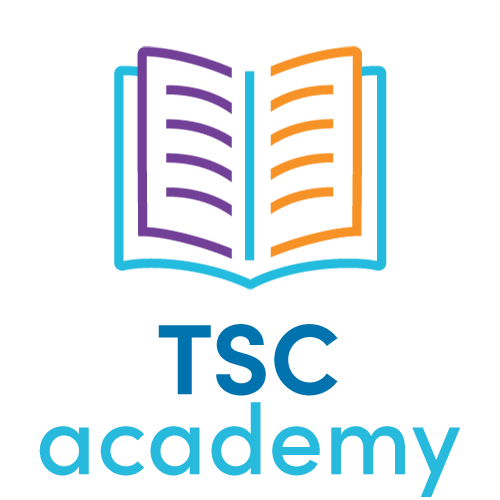
Several types of brain abnormalities may be seen in individuals with tuberous sclerosis complex (TSC), including cortical tubers, subependymal nodules (SEN), and subependymal giant cell astrocytoma (SEGA).
Some individuals will have all of these changes, whereas others will have none. Many individuals with TSC, however, will have one of these abnormalities.
Cortical tubers
Cortical tubers are best visualized using MRI of the brain. The cortical tuber (from which TSC was originally named) is a disorganized area of the brain that contains abnormal cells. Some individuals with TSC have numerous tubers, whereas others will not have any. The tubers are more difficult to see in an infant’s brain than in a more mature brain, but it is still possible to image the tubers in a newborn. Tubers and/or the brain area surrounding a tuber play a role in the development of seizures in individuals with TSC. However, recent studies have shown that there may also be numerous scattered abnormal cells throughout the brain of an individual with TSC, and the role of these cells in seizure development is not clear.
Subependymal nodules (SEN)
Subependymal nodules (SEN) are small accumulations of cells that are located on the walls of the cerebral ventricles (the spaces in the brain that contain cerebrospinal fluid (CSF)). The nodules often accumulate calcium and are then easily identified on MRI imaging of the brain.
Subependymal giant cell astrocytoma (SEGA)
Subependymal giant cell astrocytoma (SEGA) occurs in up to 20% of individuals with TSC and is more likely to develop during childhood and adolescence. SEGA is a type of brain tumor that occurs in individuals with TSC that is noncancerous and is not malignant but can still be very problematic. It is important to monitor the occurrence of this brain tumor during childhood and until approximately the age of 25 years in individuals with TSC.







